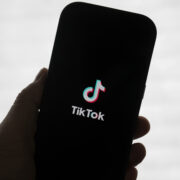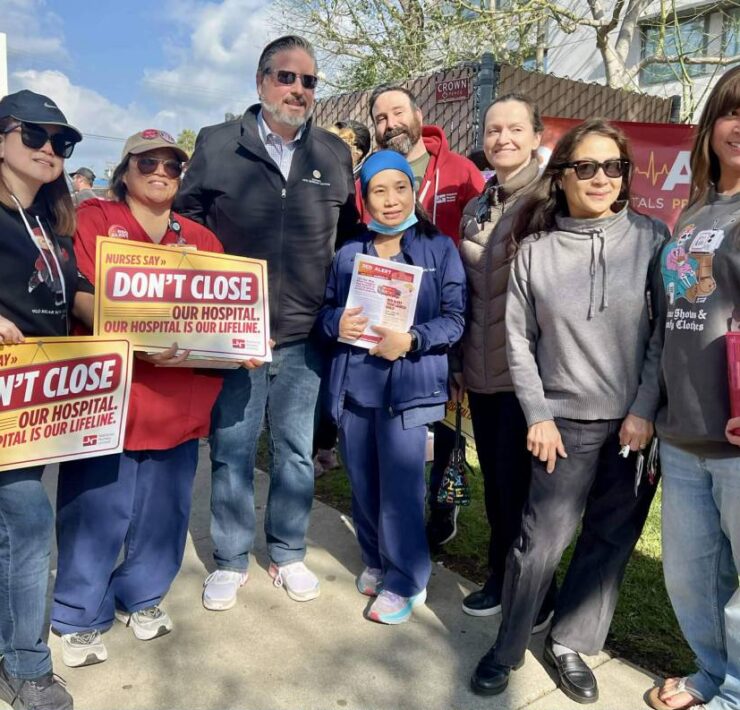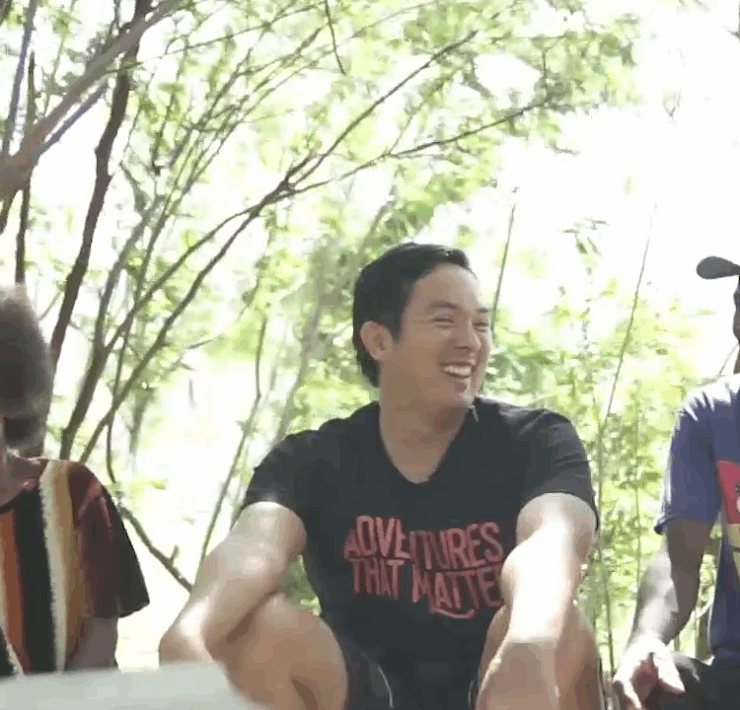UP team creates VR games as rehab aid for dementia, cerebral palsy
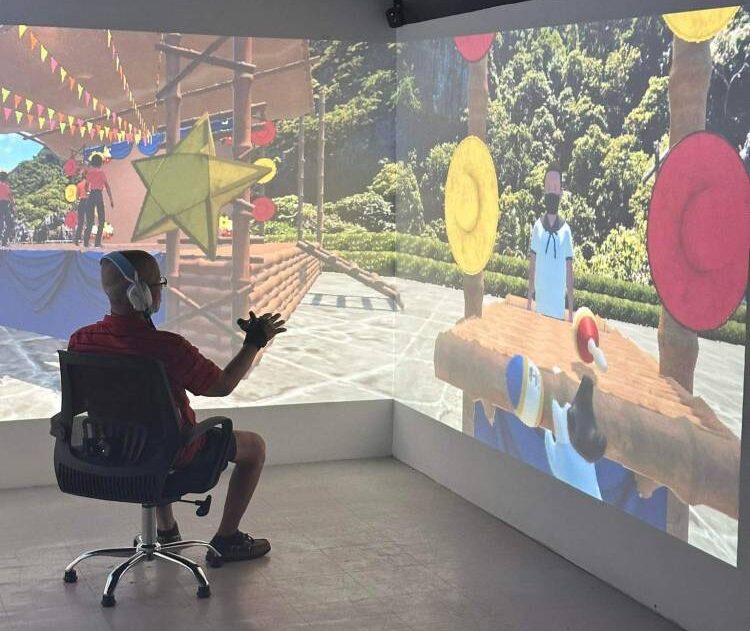
Experts from the University of the Philippines (UP) have created immersive virtual reality (VR) games not as a pastime for bored players but to support the rehabilitation of Filipinos with cognitive and motor disabilities.
The multidisciplinary team composed of health-care professionals, computer scientists and game designers, including faculty members from UP Manila’s College of Allied Medical Professions and College of Medicine, and UP Diliman College of Engineering, developed “Axel (Augmented Experience E-health Laboratory) Virtual Care: Alagang Pinoy sa Makabagong Panahon.”
Axel Virtual Care is a pioneering rehabilitation technology featuring tailored games: “Mission to Planet Axel” for children with cerebral palsy and “Suroy-Suroy” for adults with dementia.
“With over 50 million people in the world with cerebral palsy and dementia … who experience years of healthy lives lost due to disability, Axel Virtual Care promises to be a game changer in addressing the health needs of many potential users,” said professor Maria Eliza Ruiz-Aguila, Axel program leader and former dean of UPM College of Allied Medical Professions.
Enjoyable, customized games
Axel VR games use “cost-optimized” software and hardware designs using a Meta (Oculus) Quest head-mounted display system, or a semi-cave automatic virtual environment, where the players interact in projection screens that display 3D images.
“Mission to Planet Axel” aims to help make therapy sessions enjoyable for children ages 6 to 12 years old. Players can help Captain Max by going on different missions to protect their spaceship from alien invaders.
In these missions, player-patients use different motor skills such as upper body strength, lower body strength, balancing skills and other motor skills. The game also includes controls for the therapist such as adjusting how far the player has to reach and how fast the invaders arrive.
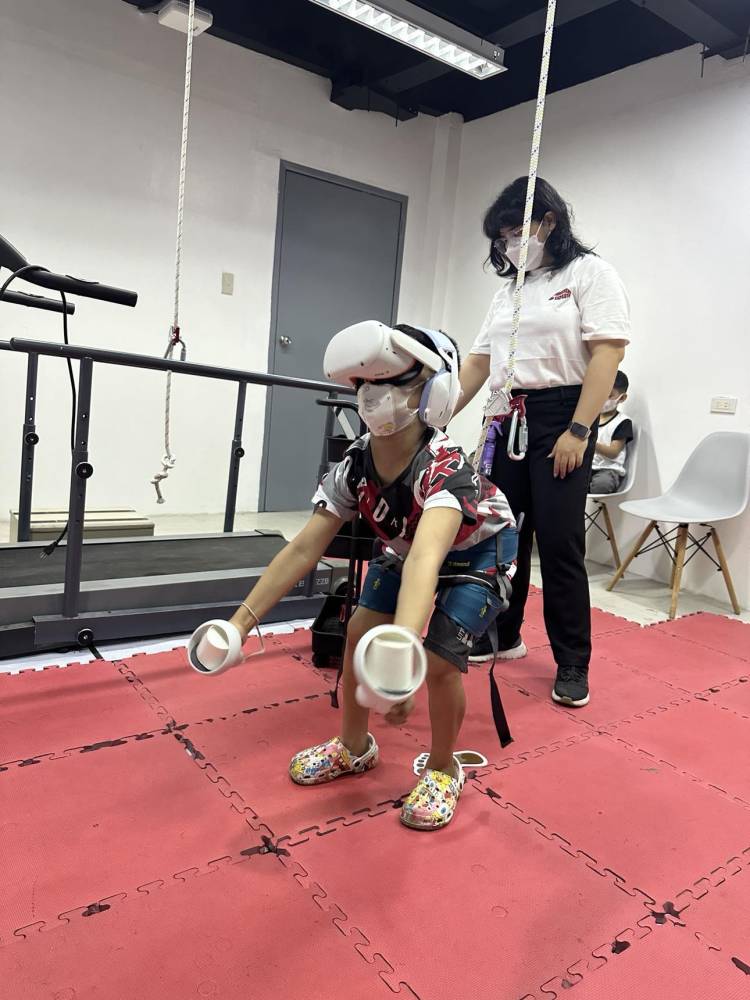
“Suroy-Suroy” (Cebuano word that means “to stroll or to wander”), meanwhile, aims to help manage behavioral and psychological symptoms like restlessness and agitation in adults with dementia.
The players in this game can travel to different places—from a virtual Rizal Park, Palawan cliffside, or Barasoain Church courtyard—together with their virtual companion (who is actually their therapist).
They can customize their avatars with clothing inspired by traditional Filipino dresses and accessories. They can also paint initially colorless flowers, assemble a car and perform a mini concert with a band.
Therapy sessions
An estimated 1 to 2 percent, or around a million Filipinos, suffer from cerebral palsy, a group of disorders that affect movement and posture caused by damage to the developing brain, most often before birth.
There is no cure for cerebral palsy yet but early identification and treatment can help improve the lives of those who have the condition.
Therapy sessions are the most common treatment, but these are not always enjoyable for most children, making it difficult for them to participate throughout the session.
Meanwhile, almost a million Filipinos, mostly senior citizens, have dementia. It is a term for several diseases that affect memory, thinking and the ability to perform daily activities resulting from damage to the brain. Alzheimer’s disease is the most common cause of dementia in older adults.
The illness gets worse over time and eventually most people with dementia will need others to help with daily activities.
There is also no cure yet for dementia, but standard treatments to alleviate symptoms involve medications with potential side effects. Therapy activities can become difficult for dementia patients due to trouble remembering instructions and a significant decline in their cognitive and motor abilities.
Games with cultural themes
“This is where Axel Virtual Care comes in. By integrating immersive gamification technology in patient-centered rehabilitation, we work toward improved engagement, access and health outcomes to improve the quality of life of persons with disabilities,” Aguila said.
“This technology is designed to make usual therapy sessions more fun and motivating through safe interaction, imagination and immersion,” she added.
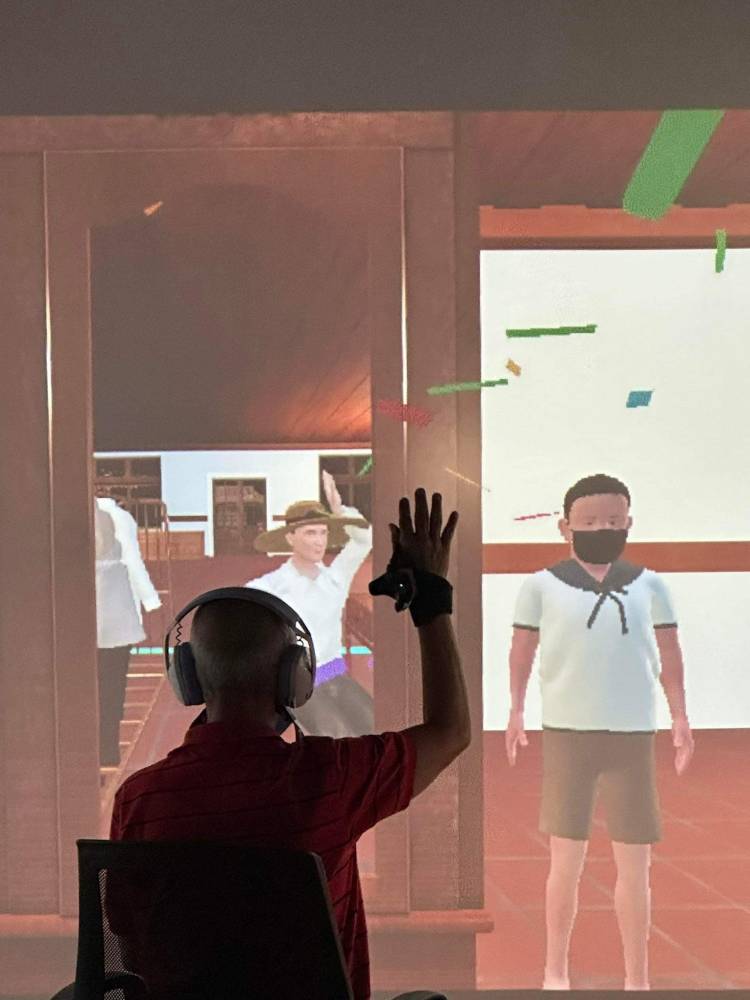
Aside from its user-friendly interface, both sets of VR games bear themes with cultural relevance for Filipinos. The games were described as “fun and exciting, memorable, meaningful and relaxing” by volunteers who participated in the early testing phases of the technology.
Participants also called their experience playing the games “exciting, fun, colorful, realistic and novel.”
The reviews by gamer-patients throughout the games’ beta-testing and two phases of clinical trials indicated Axel Virtual Care’s “potential as an engaging rehabilitation technology suitable for clinics and home settings.”
According to Ruiz, this sets Axel Virtual Care apart from other existing games in the market.
“It is customizable, culturally appropriate, simple, fun, yet challenging and personalized. It is safe, acceptable and usable and has a therapist interface,” she said. “It is more than a game—it is a personalized journey to a better movement, mode and quality of life.”
Further development
The research lab is still in the process of further developing the technology.
“We will soon train therapists and other users, scale up the games and the application, including developing another set of mini-games for Parkinson’s disease and then hopefully commercialize it,” Ruiz said.
The research group invites volunteers to participate in the ongoing development and is looking for persons with Alzheimer’s disease age 60 and older and children with cerebral palsy age 6 to 12 to try out the VR games as part of their therapy sessions.
Those interested may contact UP Manila Information, Publication and Public Affairs Office at upm-ippao@up.edu.ph.







